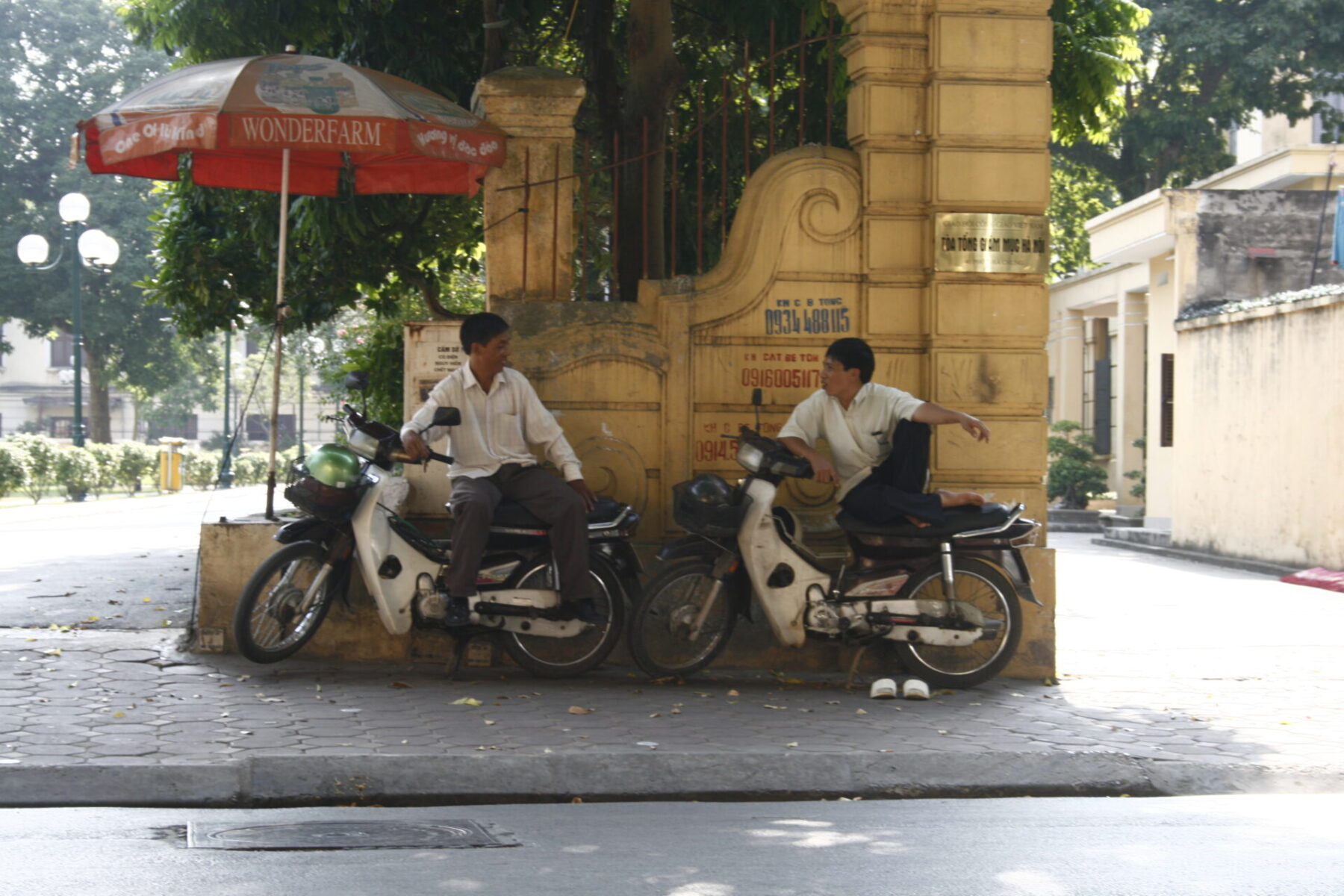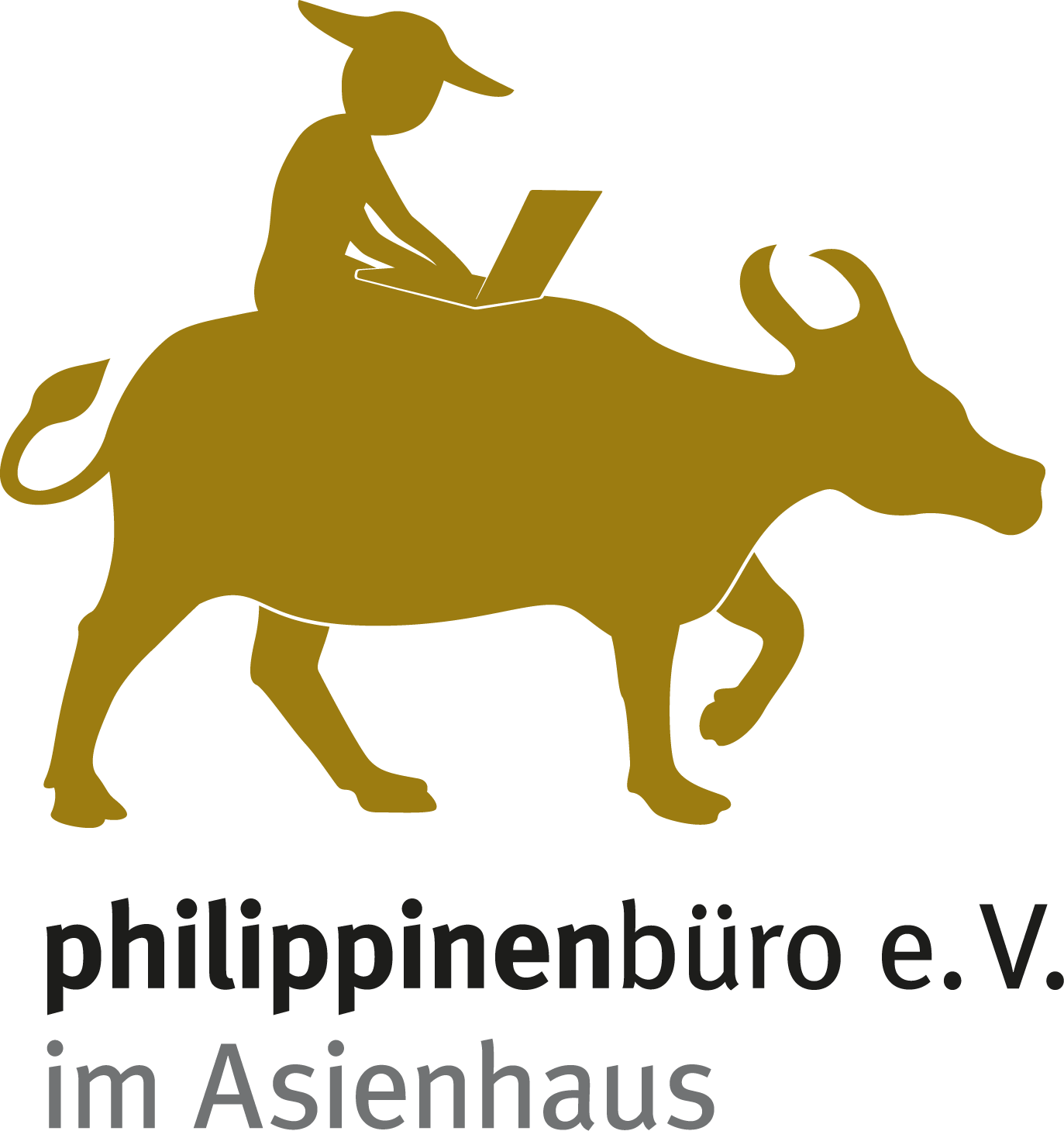
© Du Pham
Masculinities and Democratisation
In Southeast Asia, as in other parts of the world, ideas and ideals of what it means to ‘be a man’ are being transformed by socio-cultural, political and economic changes. At the same time, traditional notions and expectations around masculinities continue to exert their influence.
Long-held concepts of family, community and what it means to be male, female or diverse are being challenged. Increasing gender equality, the empowerment of women, rapid technological development, urbanization, migration and globalization, as well as the rise of neo-traditionalist and socially conservative religious movements create a complex environment in which gender roles are being redefined and resituated both on an individual and on a societal level.
Democratisation processes and increasing authoritarianism are affected by notions of masculinities. The interconnectedness of state and military power in many Southeast Asian countries, the attractiveness of authoritarian male leadership models in politics and ongoing armed conflicts are all a testament to the perseverance of militarized masculinities. These potentially violence-prone masculinities need to be renegotiated in order the build the foundations of peaceful societies, transform conflicts and combat sexual and gender-based violence.
The upcoming issue of südostasien intends to explore these processes by inviting contributions from across Southeast Asia to examine the situation of men and concepts of masculinity, past and present, and to open new doors for future engagement.
Here are few questions that potential articles could raise and answer:
- How are ideals of masculinity, various gender roles and expectations changing family and community life?
- What are the effects of growing gender equality on notions of masculinity? Is there a resistance from the patriarchy against gender equality and/or against new forms of masculinities?
- Where and in what forms do militarized masculinities continue to manifest themselves?
- What kind of ideals of masculinity do pro-democracy groups promote to mobilise for social change?
- What roles do traditional and social media play in popularizing certain ideals of masculinity?
- How do the growing visibility and legal recognition of the LGBTIQ* community (e.g. legalisation of gay marriage in Thailand, Pride marches in Timor-Leste) impact concepts of masculinity?
We welcome a variety of contributions: portraits of actors, commentaries, background reports, analyses, interviews, photo essays and reviews of films, music or books. The articles can focus on specific issues (and specific country contexts) or examine larger structural issues (and provide regional overviews). Innovative approaches and surprising perspectives are especially welcome.
This issue is prepared in cooperation with the Heinrich Böll Foundation, also publishing a concurrent dossier on Masculinities and Democratisation in Asia, which can be found later on their website.
Please send us a short proposal (max. 1,000 characters) to masculinities@suedostasien.net by September 1, 2025 at the latest. We look forward to your ideas!
Laura Faludi, Henri Myrttinen, Du Pham and Monika Schlicher,
the editorial team of the Masculinities and Democratisation issue
The self-understanding of südostasien:
südostasien brings together voices from and about Southeast Asia on current developments in politics, economics, ecology, society, and culture. Each year, we publish articles about the region and the Southeast Asian countries, as well as their global/international connections, under four main subjects.
As a space for discussions between actors from Southeast Asia and Germany who are involved in and knowledgeable about social movements, südostasien sees itself as a pluralistic forum for dialogues rooted in solidarity and critical of dominant power structures. südostasien explores the opportunities for transnational solidarity work in the face of imbalanced power dynamics between the Global North and South. südostasien aims to generate thought-provoking impulses for action, particularly in Germany and across Europe.
Deadline
The submission deadline (max. 10,000 characters including spaces) is September 1, 2025. Extensions may be possible in individual cases with prior agreement from the editorial team. Please send us a brief proposal (no more than 1,000 characters) in advance. We look forward to your ideas!
Editorial information:
Copyright & Copyleft
Copyright issues should be clarified in advance, and images should be labeled (with the photographer’s name and the image’s title).
Unless stated otherwise, all content is published under the Creative Commons Attribution-ShareAlike 4.0 International License (CC BY-SA 4.0).
Download:
Call for paper – 2|2025 (German)
Call for paper – 2|2025 (English)
Contact the editorial team:


